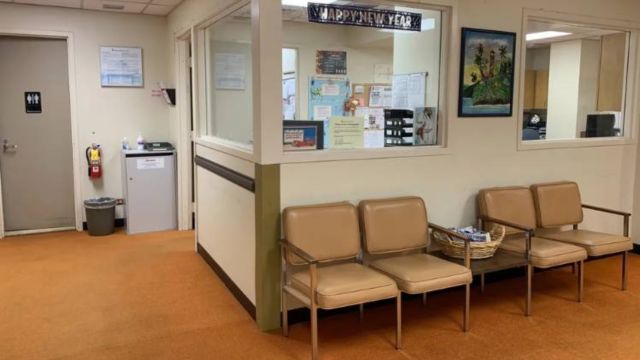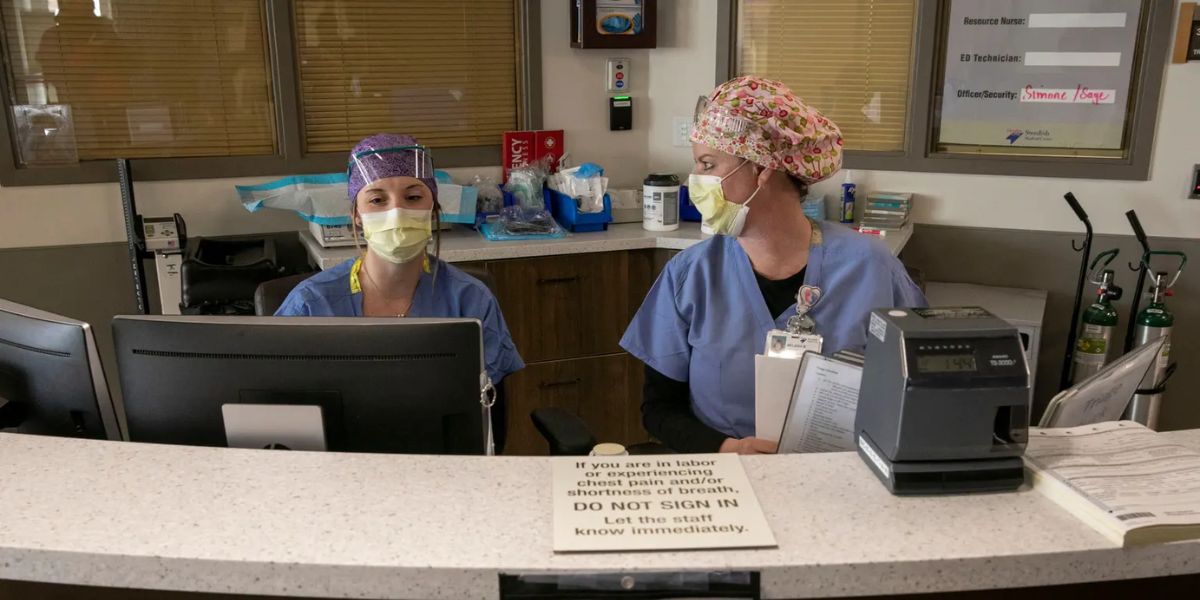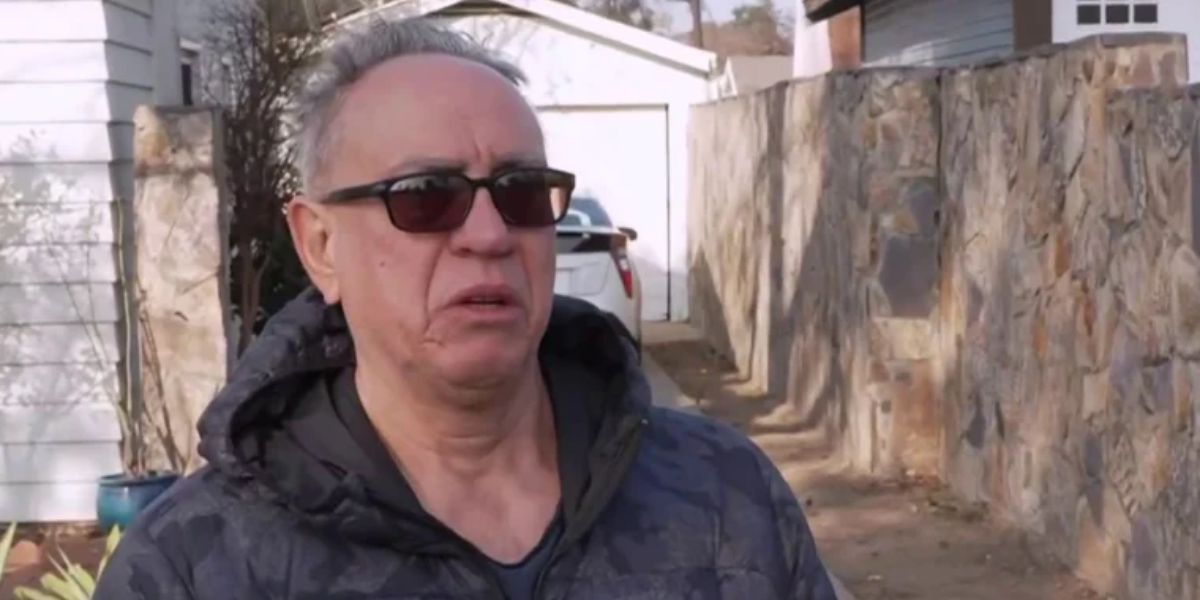Colorado’s safety net providers claim that uncompensated care costs them millions of dollars annually and that they will have to close clinics if they don’t receive assistance.
Changes in Medicaid coverage and rising health care expenses have been contributing factors to the crisis for years.
Medicaid is currently spending $1.4 billion annually and makes up one-third of the state’s general fund expenditure.
Salud Family Health is one of the organizations searching for a lifeline. It has been providing medical, dental, mental health, and pharmaceutical services to almost 70,000 people annually in 13 clinics throughout the state for more than 50 years, helping some of the poorest citizens of the state.
“If you look at Trinidad for an example, we’re the only dental office that takes Medicaid,” Salud CEO John Santistevan stated. “Before we opened our dental practice there, if children needed dental, they had to drive 80 miles to Pueblo.”
Many of Salud’s clinics are the largest primary care providers in their regions, according to Santistevan: “We help patients with transportation, food insecurities.”
However, Salud now requires assistance after decades of providing aid to individuals in need. Due to the loss of Medicaid for thousands of patients, Santistevan estimates that it will lose $14 million this year. Costs are also rising due to inflation.
“I’ve been doing this for 28 years and we always have our peaks and valleys and our challenges,” Santistevan stated. “But this is the toughest time I’ve seen in my career here.”
It all began when the federal government terminated a COVID-era provision that allowed individuals to continue receiving Medicaid without proving their eligibility in May 2023. They had to reapply all of a sudden. Approximately 550,000 were not renewed in Colorado.

Satistevan claims that rather than their income, many of them were rejected because of mistakes on their applications.
He claims that 47% of Salud’s patients earn less than 100% of the federal poverty level, which is around $31,000 for a family of four and $15,000 for an individual.
“We really truly have to look at who are we supposed to be serving,” says State Senator Barb Kirkmeyer, a Republican and member of the Joint Budget Committee of the Senate.
She claims that in addition to spending $51 million this year to add undocumented persons to Medicaid rolls, the state has also increased services for other people.
“We can’t keep expanding and we can’t keep decreasing Medicaid rates and expect these problems to go away,” she adds, referring to the governor’s budget’s lack of an increase in Medicaid reimbursement rates. It is a house of cards that is simply bottoming out on top of quicksand.
In addition to billions of dollars in federal stimulus funding, Kim Bimestefer, executive director of the Colorado Department of Health Care Policy and Financing, which oversees Medicaid, reports that providers have experienced a 10% increase in rates generally over the past ten years.
Hospitals may need to assist, she says, and they may need to reduce spending.
31,000 People Ordered to Evacuate Amid Hughes Fire in Northern LA County
She states that they recently received a $54 million increase in funding from the federal government: “The hospitals are often some of the most well-off organizations and so we might have to take a hard look at those dollars we were able to draw down and say where might we be able to repurpose that $54 million and it might be rural hospitals, or Denver Health, or our federally qualified health centers that take care of most vulnerable, the uninsured.”
One of the centers is Salud. According to Santistevan, he is expecting for assistance but is getting ready to close a few remote clinics in case it is delayed: “We refer to it as the nuclear alternative. It will be awful if we have to do that.
Ahead of Special Session, Gov. Lee Announces Plan to Strengthen Immigration Enforcement
According to Bimestefer, the state might also need to put a halt to some legislatively approved health care initiatives that raise Medicaid premiums.
The state has a $700 million budget deficit, and Bimestefer warns that further drastic cuts would be necessary if lawmakers don’t control spending.




